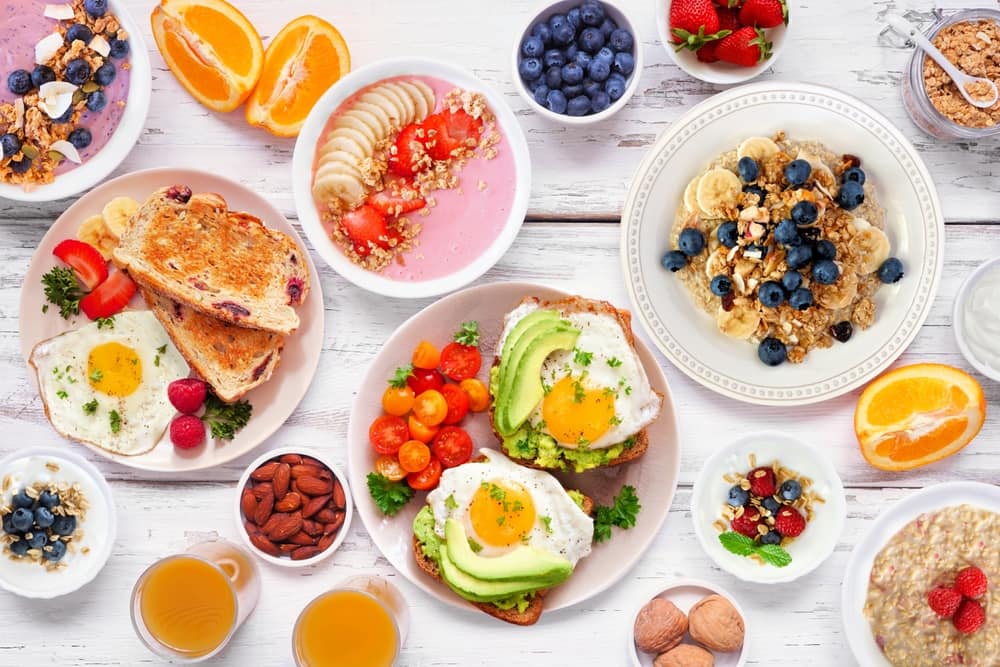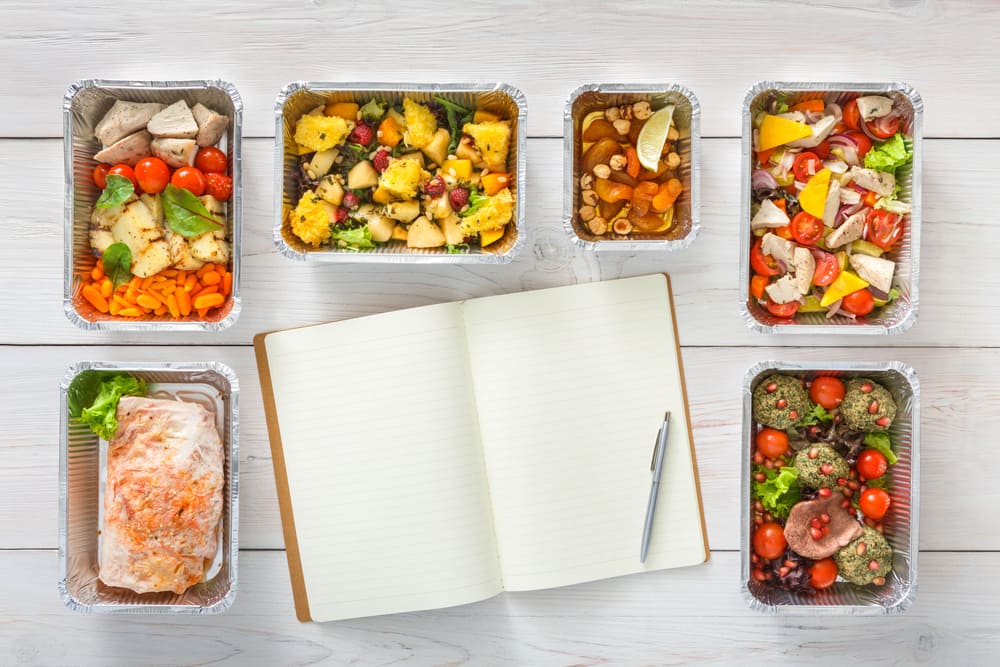Vegetarian diet chart for pregnant lady in first trimester


Pregnancy brings a new chapter in a mother’s life. Following a proper diet during this time is very important for both the mother and the unborn child. Especially in the first three months of pregnancy, certain nutrients are required for the proper development of the fetus. For those who follow a vegetarian diet, it is important to create a balanced diet during this time.
In this article, we will discuss an effective diet for a vegetarian mother during the first trimester of pregnancy, which will ensure the necessary nutrition and make the pregnancy more enjoyable.
“Plant-based diets can meet all nutritional needs during pregnancy if well planned, with attention to protein, vitamin B12, iron, calcium, vitamin D, and omega-3 fatty acids.”-Kaiser Permanente.
Essential nutrients
Pregnancy requires more essential nutrients, especially in the first three months. It is important to keep the following points in mind to ensure these elements are in the diet of a vegetarian mother in the first three months:
Folic acid
Folic acid is the most important nutrient. It helps in the proper formation of the baby’s nervous system and helps in preventing congenital disabilities such as spina bifida. Foods that contain vegetarian sources of folic acid, green vegetables, lentils, chickpeas, nuts, seeds, oranges, etc.
Iron


Iron helps in increasing the blood volume in the mother’s body. It prevents anemia and assists in the development of the baby’s brain. Iron is very helpful in the production of hemoglobin. It plays a very helpful role in the production of necessary hemoglobin in the body of the pregnant mother. The baby takes iron from the mother’s body, which helps in its rapid growth and development. In particular, iron is essential for the development of the brain and nervous system of the fetus. During pregnancy, a woman needs 27 milligrams of iron per day, which is more than normal.
Foods that contain vegetarian sources of iron, such as spinach, beets, dates, etc.
Calcium
During pregnancy, a mother’s calcium deficiency can lead to a decrease in bone density (osteopenia). Calcium intake in the first three months is good for the mother’s health. In addition, calcium helps in the formation of bones and teeth in the baby. Foods that contain vegetarian sources of calcium include milk, yogurt, cheese, almonds, broccoli, cabbage, etc.
Vitamin B12


Vitamin B12 plays an important role in the development of the baby’s brain and nervous system during the first three months of pregnancy. It helps prevent neural tube defects, such as spina bifida and anencephaly. In addition, vitamin B12 also helps in the production of red blood cells. Milk, cheese, and yogurt contain vitamin B12.
Protein
In the first three months of pregnancy, protein plays an essential role in the growth and development of the baby. It helps in the production of new cells, tissue repair, and the production of hormones and enzymes. Getting enough protein in the first three months is important for the health of the mother and the baby.
Sample Diet
According to the United States National Institutes of Health (NIH), pregnant women need about 450 mg of choline per day. However, most women do not get this amount from their diet, so it is important to include it consciously in their meal plan.
Morning
Eat a glass of lukewarm water and a few soaked nuts (walnuts, cashews).
8.30-9.00: A bowl of oatmeal or two vegetable parathas with curd. A fruit (banana, orange).
Lunch
1.00-1.30: A bowl of rice, a bowl of vegetables, and lentils. And a salad (carrots, tomatoes, cucumbers).
Afternoon snack: A bowl of fried chickpeas or a fruit.
Dinner
7.30-8.30: A light meal like lunch, such as two rotis, a bowl of paneer or lentils, and vegetables.
Before bed (if hungry): A glass of warm milk.
Important tips
Drink plenty of water: Drink at least 8-10 glasses of water a day.
Avoid fruit juice: Drink fruit directly instead of fruit juice.
In case of nausea: You can eat dry toast or biscuits in the morning to reduce morning sickness.
Eat meals in small portions: Do not eat too much at once; eat little by little throughout the day.
Consult a nutritionist: It is best to consult a nutritionist for a specific diet according to your physical condition.
Food options
Pulses and lentil-like foods: To meet the protein requirement in your daily diet, you can eat pulse-like foods (lentils, moong dal), chickpeas, kidney beans, etc. These foods are a good source of protein, fiber, and other nutrients.
Dairy products and alternatives: You can use soy milk, almond milk, or tofu instead of milk, yogurt, and cheese if you are lactose intolerant or do not want to eat dairy products.
Nuts and seeds: You can add a variety of nuts (almonds, walnuts) and seeds (sunflower, sesame) to your daily diet. They contain healthy fats, protein, and calcium.
Vegetables: Instead of eating the same type of vegetables every day, you can rotate different kinds of colorful vegetables (such as carrots, beets, pumpkin, capsicum). This will provide your body with a variety of vitamins and minerals.
Fruits: Include a variety of seasonal fruits in your diet, such as apples, bananas, oranges, raisins, and papaya. They are good sources of vitamins, minerals, and fiber.
These alternatives will help you overcome food boredom and will also help meet your nutritional needs.
Foods to avoid during pregnancy


Some foods should be avoided during pregnancy to ensure the good health of the mother and baby. These foods can be harmful to you and your baby. Below is a list of some important foods:
Unhealthy foods
Foods with excess sugar and oil: Avoid chips, cakes, pastries, overly sweet drinks, and fried foods. Although they are high in calories, they are low in essential nutrients, which can lead to weight gain and increase the risk of gestational diabetes.
Excess caffeine: You should not consume more than 200 mg of caffeine a day. Coffee, tea, and some energy drinks contain high levels of caffeine, which can increase the risk of miscarriage.
Raw or unpasteurized foods
Unpasteurized milk and dairy products: Unpasteurized milk can contain harmful bacteria, such as Listeria, which can cause miscarriage. So always use pasteurized milk and products made from it.
Raw or undercooked vegetables: Raw or undercooked vegetables can contain a parasite called toxoplasmosis if eaten without washing them thoroughly. Wash and cook vegetables thoroughly before eating.
Other foods
Processed foods: Avoid processed meats (sausages, salami) or other processed foods. They contain excess salt, preservatives, and harmful fats.
Excess salt: Eating too much salt can cause water retention and high blood pressure, which can cause preeclampsia (a complication of pregnancy).
Artificial sugars: Some artificial sugars may be unsafe during pregnancy. So consult your doctor before using any type of artificial sugar.
Avoiding these foods will help keep you and your baby healthy. If you have any doubts about a food, be sure to consult your doctor.
Some important things from Vegetarian diet chart for pregnant lady in first trimester
During pregnancy, it is essential to eat good food for the health of the mother and child. It is most important for the mother to be healthy at this time. It can be easy to follow this food plan in the first three months. And having food nearby helps to relieve nausea. The necessary nutrition must be ensured for the baby to grow.
One thing to note is that this type of food plan may not bring good results for everyone. Consult a nutritionist or doctor before making any decision during pregnancy. Their guidance will help you ensure a healthy and safe pregnancy. Remember, your proper diet is the foundation of a healthy life.









